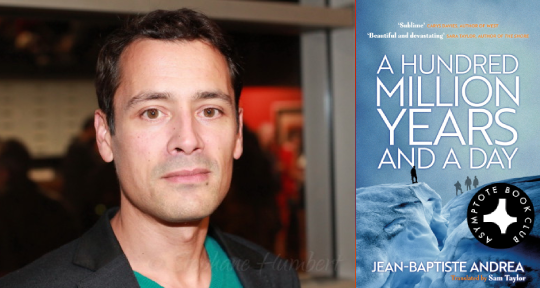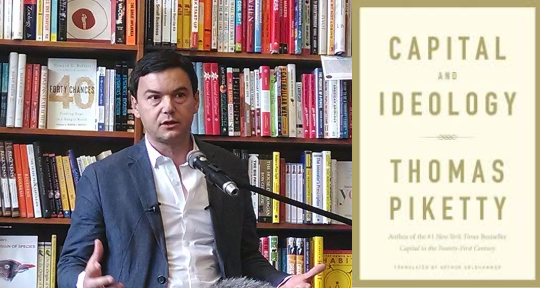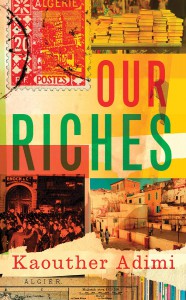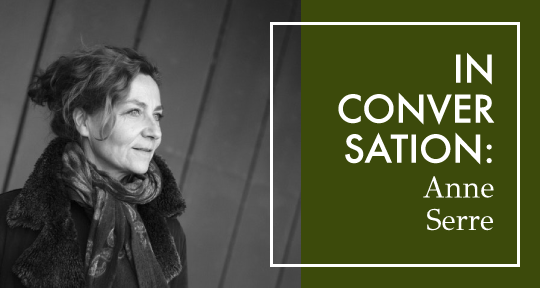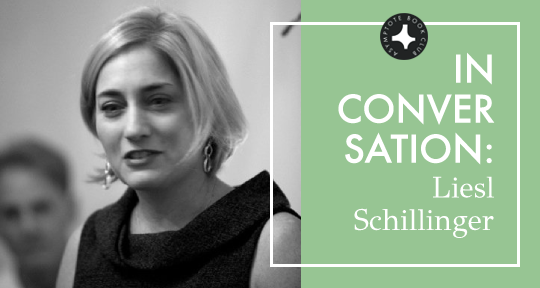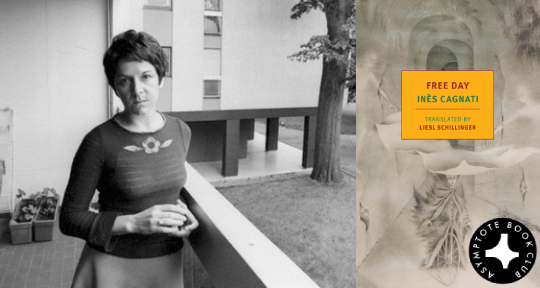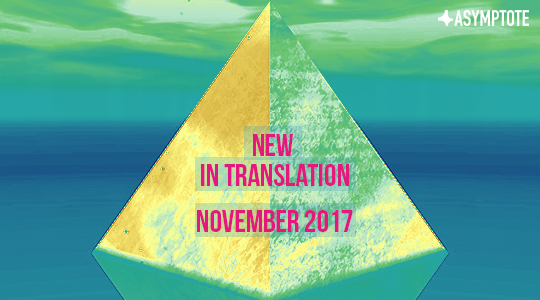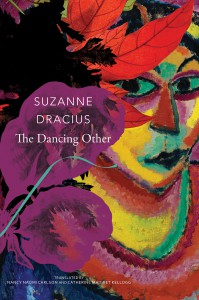With expansive beauty and imaginative observance, Jean-Baptiste Andrea’s A Hundred Million Years and a Day has swept up a enormous amount of praise in its homeland of France, including being shortlisted for the Grand Prix du Roman de l’Académie française and the Prix Joseph Kessel, and we are now proud to present it to our readers as our Book Club selection for the month of June. Andrea’s story of a man’s hunt for lost creatures pays equal tribute to the earth’s natural wonders and to human persistence and urge for discovery, culminating in a majestic and magnetic tale of what happens when the personal meets the eternal. Within its pages lies a thrilling poetry.
The Asymptote Book Club aspires to bring the best in translated fiction every month to readers around the world. You can sign up to receive next month’s selection on our website for as little as USD15 per book; once you’re a member, you can join the online discussion on our Facebook page!
A Hundred Million Years and a Day by Jean-Baptiste Andrea, translated from the French by Sam Taylor, Gallic Books, 2020
Stan, a middling French palaeontologist, is convinced that the skeleton of a “dragon” hides in the belly of the mountains that delineate the porous border between France and Italy. He heard about this dragon years ago, in a second-hand summary of the ramblings of a sour Italian man—the seemingly outlandish contents of someone’s childhood memories. Haunted by this skeleton, Stan drops everything in its pursuit: he quits his university job as a professor, sells his Parisian apartment, and self-finances an expensive expedition to these majestic mountains in the company of his former assistant Umberto, Umberto’s own mentee Paul, and Gio, a taciturn guide for whom the mountains are a second home.
Of course, being a scientist, what Stan is looking for is not really a dragon. From the vague details he has heard, he surmises that the skeleton the caretaker had come across in fact belonged to a brontosaurus—a species that palaeontologists had agreed on being nonexistent, being simply a variation on the apatosaurus. While the book establishes early the love that Stan has for his discipline, for the fossils that he used to meticulously collect and treat as his friends during his lonely childhood spent in another set of mountains, the motives behind this expedition are not necessarily pure. For Stan, having lain forgotten, himself collecting dust in a basement office, this expedition presents his last chance at some glory. If he does find his brontosaurus, proving a theory disputed by palaeontologists for almost a century, the creature will bear his name, articles will be written about Stan, the “animal will give him back his voice.” READ MORE…

